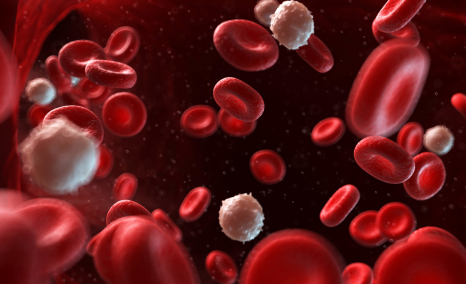Primary Sjögren syndrome (pSS) is a.prototypical autoimmune.disease. The involvement.of B cells in the pathogenesis.of pSS has long been suspected.on the basis of clinical.observations that include the.presence of serum.autoantibodies, hypergammaglobulinemia, increased.levels of free light chains and.increased risk of B cell lymphoma. Moreover, the.composition of the B cell subset is.altered in Primary Sjögren syndrome. The researchers have discussed about.the mechanisms that support the.increased activation of B cells in pSS, including genetic.and epigenetic factors and environmental.triggers that promote B cell activation via the.innate immune system. B cell activating.factor (BAFF, also known as TNF ligand superfamily.member 13B) is at the crossroads.of this process. An important role also.exists for the target tissue (exocrine.glands, namely the salivary and lachrymal.glands), which promotes local B.cell activation. This continuous.stimulation of B cells is the main.driver of lymphomatous escape. Identification.of the multiple steps that support B cell.activation has led to the development.of promising targeted therapies that will.hopefully, lead to the development.of an efficient therapeutic.strategy for pSS.
For complete details please visit: https://www.nature.com/articles/nrrheum.2018



